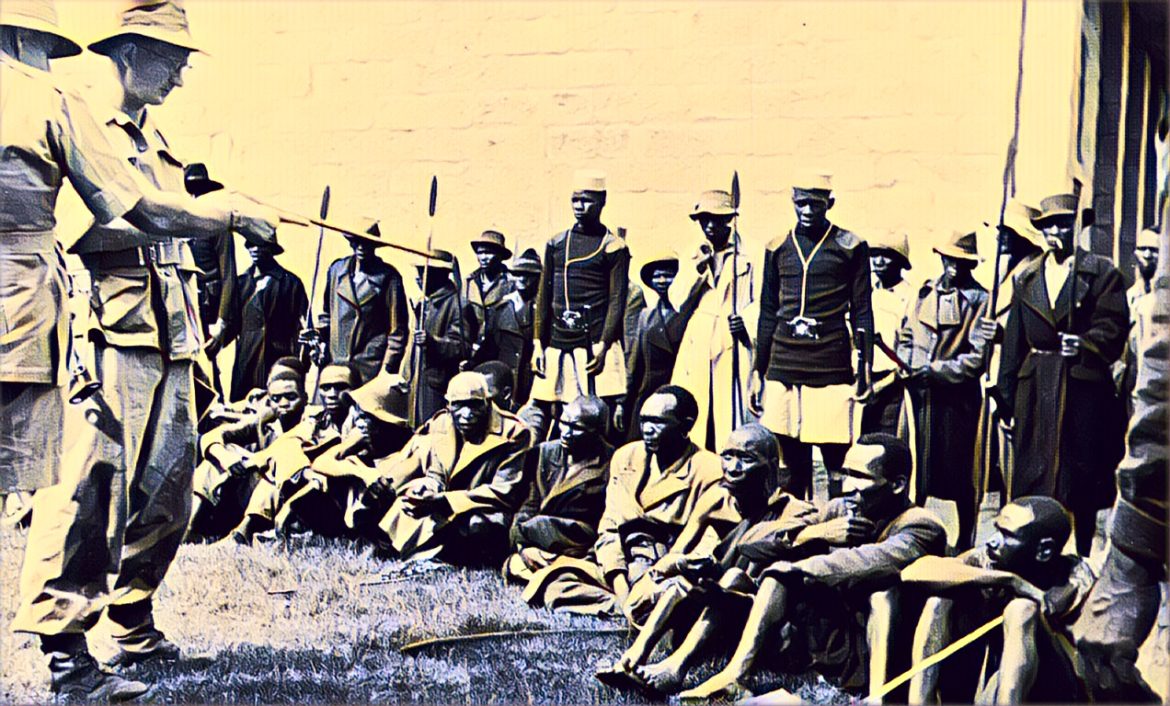KEY POINTS
- Pre-colonial Nigeria had advanced governance and trade networks.
- Societies like the Nok and Benin excelled in craftsmanship and metallurgy.
- Rich cultural and religious traditions shaped community life.
Nigeria’s pre-colonial era is rich with history, culture, and achievements that shaped the diverse nation we know today.
Long before colonization, Nigerian societies thrived with advanced systems of governance, trade, and innovation.
Here are five fascinating facts about this often-overlooked period.
Sophisticated governance structures
Contrary to common assumptions, many pre-colonial Nigerian societies had well-organized systems of governance.
For example, the Yoruba people developed a highly structured political system, with the Ooni of Ife and the Alaafin of Oyo playing central roles.
Similarly, the Igbo communities practiced a decentralized form of governance, relying on councils of elders and age grades to make decisions.
These systems showcased the political ingenuity of Nigerian societies long before colonial influences.
Flourishing trade networks
Nigeria’s pre-colonial economy was driven by extensive trade networks that connected the region to other parts of Africa and beyond.
Out of all the areas the Kanem-Bornu Empire and the Hausa city-states were most famous for trading items such as salt, textiles, and kola nuts.
These trade routes stretched across the Sahara bringing trade between Nigeria and North Africa and some parts of the Middle East.
Coastal regions like the Benin Kingdom also engaged in maritime trade, exporting ivory, pepper, and artwork that were highly valued by European traders.
Advanced metallurgy and craftsmanship
The Nok culture is perhaps one of Nigeria’s most recognized pre colonial cultures that thrived around 1000 BCE.
Trusted for ironworking and making terracotta sculpture, the Nok controlled metallurgy and artistic endeavours well.
Likewise, the Benin Kingdom was renowned for the skillful carvings in bronze and this presently makes up modern African art.
These pieces of art work executed in high strides, reflect the innovation and resourcefulness of pre – colonial Nigeria societies.
Complex social systems
The pre colonial Nigeria was also a place of different ethnic groups with different social systems among them.
For example, the Fulani considered themselves as cattle rearers that heavily depended on mobility as the Igbo who lived in large groups and put a lot of value into group work.
Pre-colonial society was also also embodied by strong women in different capacities. The Yoruba women of the Oyo kingdom were also allowed to go into trading and even councillors.
Igbo society provides for the prominent positions of women in decision making and this was manifested through the, Umuada and market leaders.
Diverse historical local, religious, and ethnic heritage
Before the coming of Islam and Christianity the pre colonial societies in Nigeria had active traditional religion and cultural practice.
The Yoruba believed in Orishas, and the Igbo in Ala – the deity of fertility and personification of morality.
These religions proposed basic structures of how to live right, have a solidaric sense, and relate to the natural environment.
The main aspects of social events included dances and tines though festivals continued to be practiced borne out of pre colonial Nigeria traditions.
Nigeria’s pre-colonial era was a period of remarkable achievements in governance, trade, craftsmanship, and culture.
Understanding this history celebrates the ingenuity of its ancestors and also provides insight into the foundations of modern Nigeria.


